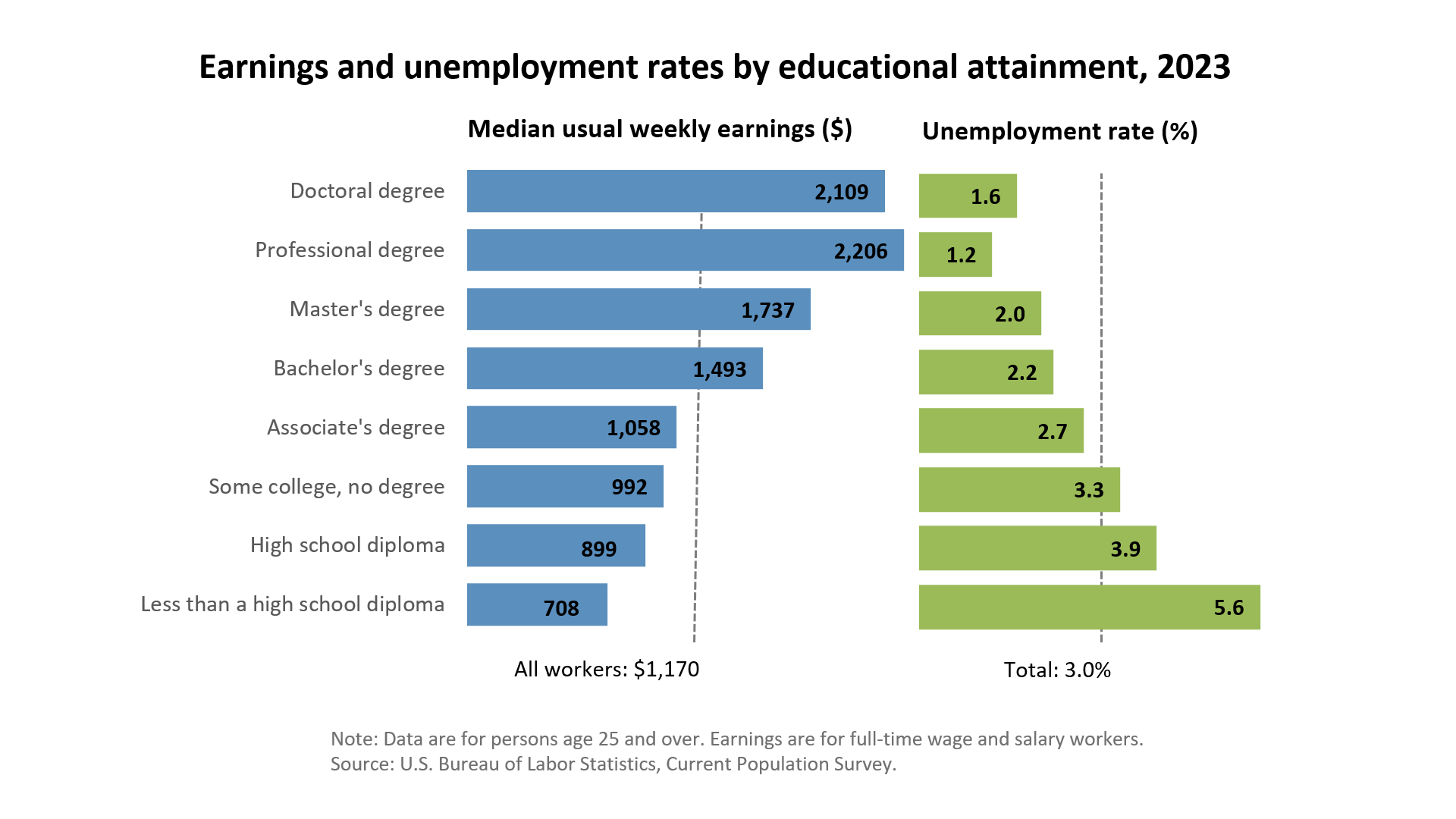Get Matched With Online Colleges
Samford University is a private, not-for-profit university with a rich history dating back to its founding in 1841 as Howard College. It’s now classified as a doctoral/professional university, offering a wide range of programs in business and management, education, health professions, legal professions and studies, and many more. With a total enrollment of 5,700+ students, over 3,500 of which are undergraduates, the school still manages to maintain a very low student-to-faculty ratio of 12:1, allowing for personalized attention and a supportive learning environment.
Search All Programs
Overview of Samford University (SU)
The retention and graduation rates of Samford University (SU) are high at 89% and 78%, respectively, and the institution has a reputation for providing excellent student loans support to low-income students. Additionally, with its commitment to Christian values, the university fosters the development of students into well-rounded professionals and impactful individuals that can positively influence their communities. Overall, Samford University is a top-tier institution that provides its students with a nurturing environment to grow and succeed both academically and personally.
General Information
| School Type | Private not-for-profit |
|---|---|
| Campus Setting | Suburb: Large |
| Campus Housing | Yes |
| Student Faculty Ratio | 12:1 |
| Graduation Rate | 77% |
| Year Founded | 1841 |

Student Enrollment
Total Students5,729
3,576
2,153
Undergraduate Student
Male 1,144
Female 2,432
Graduate Student
Male 689
Female 1,464
Explore Map
Top Rankings For Samford University
SU Acceptance Rate and Admissions
APPLICATIONS3,867
ACCEPTANCE3,248
Acceptance Rate84%
Enrollment 974
| Admissions | |
|---|---|
| Application Fee | $40 |
| High School GPA | Required |
| High School Rank | Recommended |
| High School Transcripts | Considered But Not Required |
| College Prep Courses | Required |
| Recommendations | Required |
| SAT/ACT | Considered But Not Required |
| TOEFL (Test of English as a Foreign Language) | NA |
| Application Deadline | May 1 |
| Common Application Accepted | Yes |
SU Tuition Cost & Financial Aid
For the 2022-23 academic year, the tuition costs for students at Samford University sat at around $36,700. Books and supplies were estimated to cost another $1,000 per year, and room and board could be another $11,300 to $14,000, depending on whether you chose to find room and board on-campus or off. Students should also budget for transportation and other costs they might run into throughout the school year. Those who take lab-heavy programs might need to pay lab fees.
Samford offers tuition pre-payment plans and tuition payment plans to help students manage their tuition costs. The pre-payment plan allows families to lock in current tuition and fees and pay the amount in full by June 1. The payment plan allows families to pay their balance in monthly installments instead of one lump sum at the beginning of the semester. Samford University is committed to providing an excellent education to full-time, first-time undergraduate students while being transparent about the associated costs. Financial aid was able to assist 100% of students in a recent year, and the average net price after financial aid was applied was $31,800.
| Average net price | Current Year |
|---|---|
| Net Price | $31,322 |
| Average Total Aid | $18,312 |
| Students Receiving Financial Aid | 100% |
| Room & Board | $11,260 |
Sticker Price
- Tuition In-State - $34,198
- Tuition Out-of-State - $34,198
- Books and Supplies - $1,000
- Room & Board - $11,260
- Other - $4,856
Popular Academic Programs at SU
Samford University is a private, Christian institution located in Birmingham, Alabama. It is classified as a Doctoral/Professional University with a relatively small student body, allowing for a personalized educational experience. Undergraduates can choose from nearly 100 fields of study including majors in business, education, arts and sciences, health professions, and law. Graduate students can pursue advanced degrees in many of these fields.
Samford University prides itself on engaging, challenging, and supporting students in their academic pursuits. With a student-to-faculty ratio of 12:1, students receive individualized attention and mentorship from highly qualified professors. Students can earn a bachelor’s and then continue into a master’s or even a doctorate degree, as well as a number of post-baccalaureate and post-master’s certificates. Samford University is dedicated to preparing graduates who are equipped to excel in the world and make positive contributions to society.
Retention
Rate
4 year
Graduation
Rate
6 year
Graduation
Rate
Student Population Total
Student Population 5,729
3,576
2,153
Most Popular Programs & Majors
(# of Diplomas Awarded by Subject)
| All Health Professions and Related Majors | 313 Total Graduates / 34% |
|---|---|
| Pharmaceutical Sciences | 114 Graduates |
| Registered Nursing/Registered Nurse | 101 Graduates |
| Health Services/Allied Health/Health Sciences, General | 39 Graduates |
| Pre-Physical Therapy Studies | 19 Graduates |
| All Business Majors | 162 Total Graduates / 17% |
| Marketing/Marketing Management, General | 47 Graduates |
| Finance, General | 43 Graduates |
| Accounting | 23 Graduates |
| Business Administration and Management, General | 22 Graduates |
| Communication, Journalism, and Related Programs | 92 Total Graduates / 10% |
| Journalism | 61 Graduates |
| Speech Communication and Rhetoric | 31 Graduates |
| All Visual and Performing Arts Majors | 51 Total Graduates / 5% |
| Interior Design | 15 Graduates |
| Musical Theatre | 10 Graduates |
| Graphic Design | 6 Graduates |
| Fine/Studio Arts, General | 5 Graduates |
| Music, General | 5 Graduates |
| Family and Consumer Sciences/Human Sciences | 51 Total Graduates / 5% |
| Human Development and Family Studies, General | 40 Graduates |
| Foods, Nutrition, and Wellness Studies, General | 11 Graduates |
| All Other Diplomas | 28% |
Outcome & Salary
Samford University graduates can expect a competitive edge in the job market with potential starting salaries ranging from $40,000 to $60,000 depending on the field of study. The university prides itself on providing a quality education that prepares students for success in their chosen career paths. While student loans are a reality for many graduates, Samford's average student debt is lower than the national average, with 68% of students graduating with less than $25,000 in debt.
The university boasts an impressive graduation rate of 77% for first-time students and 74% for low-income students. Furthermore, Samford has received numerous notable awards and honors, including being ranked #3 in the Regional Universities South category by US News & World Report. Notable alumni include Tony Hale, an Emmy award-winning actor known for his roles in Arrested Development and Veep; Andrew L. Brasher, a former United States District Judge for the Middle District of Alabama who now serves on the United States Court of Appeals for the Eleventh Circuit; Donald Cathy, the executive vice president of Chick-fil-A; and Joyce Chandler, a member of the Georgia House of Representatives.
With undergraduate and graduate degree programs across various fields, Samford University equips its graduates with the skills and knowledge necessary to excel in their chosen professions.
| Graduates Salary | |
|---|---|
| College Grads Early Career Salary | $55,200 |
| College Grads Average Salary | $65,000 |
| College Grads Mid Career Salary | $97,300 |
| Return on Investment (ROI) | |
|---|---|
| 10 Year Salary Earnings Potential | $650,000 |
| 20 Year Salary Earnings Potential | $1,623,000 |
| Cost of Education (Net Price) 4 Year | $125,288 |
| 10 Year Projected ROI | $524,712 |
| 20 Year Projected ROI | $1,497,712 |
| No College Education Salary Comparison | |
|---|---|
| National Average Salary | $38,792 |
| 10 Year Projected Income | $387,920 |
| 20 Year Projected Income | $775,840 |

Photos & Videos
sources:
Related Top College Resources









